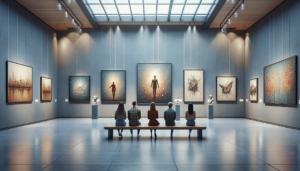- HOME
- COURSES
- COLUMNS AND TOPICS
Tranzform
MenuRecently Published Columns
- BLOG POSTS
- ABOUT US
- OVERVIEW
- JOURNAL
- COMMUNITY
- Privacy Policy
- STAY IN TOUCH
- HOME
- COURSES
- COLUMNS AND TOPICS
Tranzform
MenuRecently Published Columns
- BLOG POSTS
- ABOUT US
- OVERVIEW
- JOURNAL
- COMMUNITY
- Privacy Policy
- STAY IN TOUCH
No Result
View All Result
The Count
116 posts and 40 comments
Recent Comments
Recent Columns
Industries
Tranzform is a ‘not-for-profit’, education and consultancy platform for bringing about fundamental shifts in organizational culture for competing and thriving in fast-paced, changing environments
Tranzform © 2024. All Rights Reserved.



